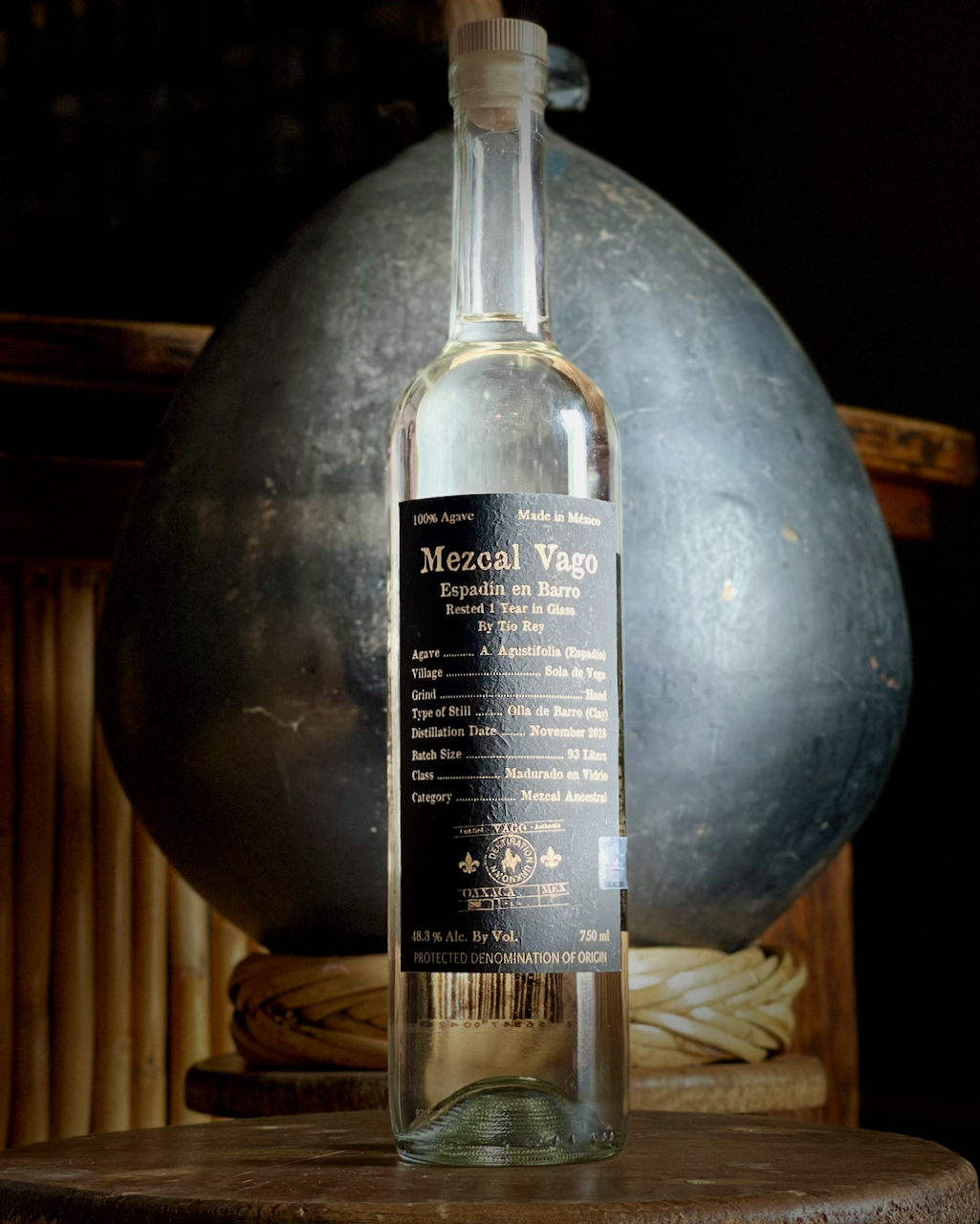Emigdio’s land is in the Nanche district of Miahuatlán de Porfirio Diaz (16°23'51.4"N 96°33'03.5"W), about 2 ½ hours directly South of Oaxaca City. The palenque sits at around 4,970 ft., among gently rolling hills and shallow arroyos in an arid climate. In the surrounding area grows Agave Espadín, Mexicano Verde, Tobalá, Tepeztate, Arroqueño, Pulquero, Madre Cuixe, and Bicuixe (Cuixe).
Mezcal goes back in his family at least three generations, Emigdio having learned it from his grandfather. Their horno is a conical pit dug into the earth, which can hold up to 7 tons of Espadin. Emigdio usually roasts his agave for 5-7 days, which is on the longer end of an average roast. He then lets it rest in the sun to cool for one to two weeks.







